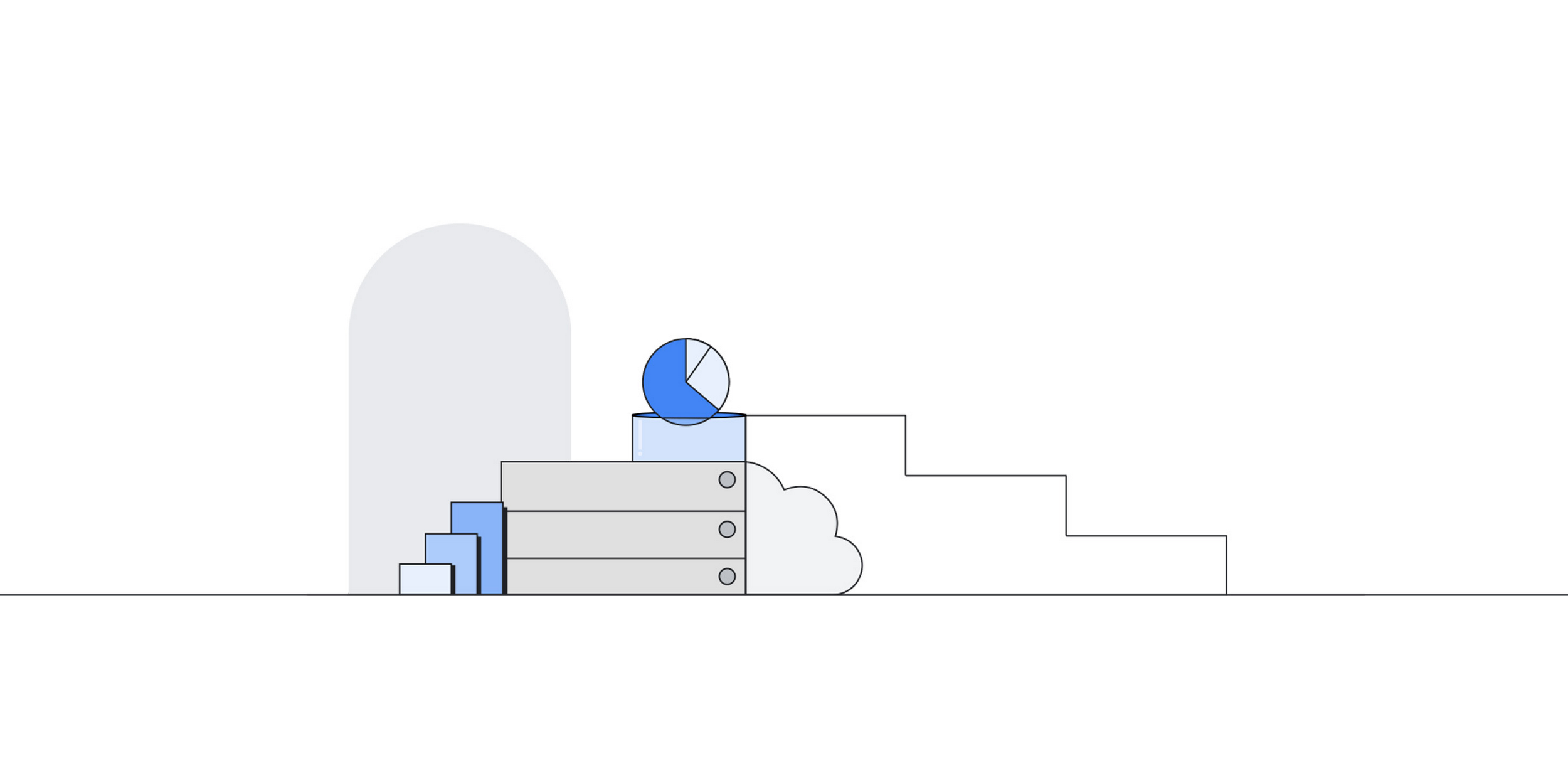Managing and auditing data access can be very complex at scale, in particular, for a fleet of databases with a myriad of users. Today, we’re launching Identity and Access Management (IAM) group authentication in Cloud SQL for PostgreSQL and Cloud SQL for MySQL, simplifying user management and database authentication. Now, developers, database administrators, and security admins can benefit from simplified database access, better security controls, and more efficient user management at scale.
Cloud SQL IAM group authentication allows customers to use Google Cloud Identity groups to manage access to Cloud SQL instances and databases. IAM group authentication extends existing IAM database authentication functionality by allowing database access to be managed at the group level instead of the individual user level.
Benefits of IAM group authentication
IAM group authentication offers several benefits over individual user or service account based IAM authentication.
Simplified user management
-
Centralized control: You manage IAM permissions and database privileges at the group level, making it easier to add, remove, or modify access for multiple users simultaneously. This makes it easy to ensure consistent and uniform access, since all the users within the same group have the same IAM permissions and database privileges.
-
Reduced administrative overhead: With IAM group authentication, you avoid creating and managing database access policy for each individual user, saving time and effort. You can relieve database administrators and security admins from repetitive tasks when administering database access.
Enhanced security
-
Principle of least privilege and reduced risk of errors: Assign granular permissions to groups which represent job functions, adhering to the principle of least privilege and minimizing the risk of unauthorized access.
-
Easier auditing: Audit entries are generated for each group member if audit logging is enabled. This allows you to track and audit each group member’s access, which makes compliance and incident management simpler.
Scalability
-
Efficient management of a large number of users: IAM group authentication simplifies database privilege management even when you have hundreds of developers or users that need access to the database. Migration to Cloud SQL becomes easier since you can migrate database users using IAM groups.
-
Adaptability to organizational changes: Now it’s easy to adjust database privileges for entire groups in response to organizational changes, such as new teams or projects. When someone joins or leaves a team, you can manage such changes at the group level rather than at the individual user level, reducing the risk of stale or excess privileges.
-
Flexibility: You can create multiple groups with varying levels of access, enabling you to tailor database privileges to specific job functions and responsibilities.
Overall, IAM group authentication provides a more efficient, secure, and scalable approach to managing access control compared to individual user-based IAM authentication. It streamlines administrative tasks, reduces the risk of errors, and lets you easily adapt to changes in your organization’s structure and needs.
Example use cases of IAM group authentication
-
Access for different teams or user roles: Different teams need differing levels of database privileges. IAM group authentication’s group-based approach helps you assign privileges in a way that fits your organization’s teams and responsibilities. For example, you can create a developer group and testing group to limit access to development databases and test databases respectively, implementing the principle of separation of duties..
-
Temporary access: Users that require temporary read-only access can be added to a group with limited privileges to database objects. When the users have finished their task, their access can be revoked more easily.
Getting started with IAM group authentication
Enabling IAM group authentication for your environment is straightforward. To learn how to use IAM group authentication using the gcloud CLI, the cloud console, Terraform, or the API, refer to the documentation.

Simplify database user management with IAM group authentication
IAM group authentication in Cloud SQL for PostgreSQL and Cloud SQL for MySQL is a powerful tool that simplifies database user management, enhances security, reduces administrative burden, and helps you apply uniform and consistent access policies. Embracing IAM group authentication as a standard empowers your organization with efficient, secure, and scalable database access management. So why wait? Explore this new feature and experience the benefits.
To learn more about IAM group authentication, refer to the documentation here for PostgreSQL and here for MySQL. To learn more about Cloud SQL, click here.

